Best Books of August 2018
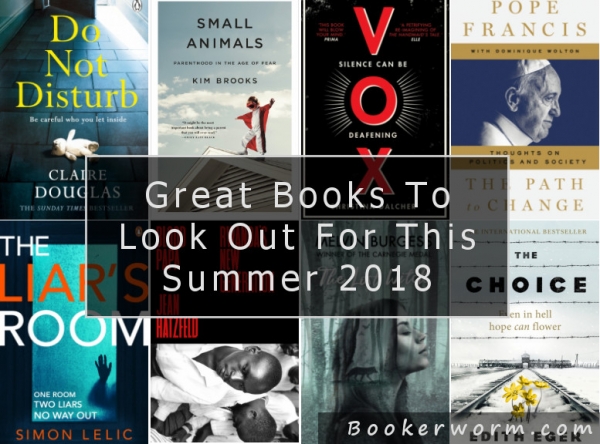
So August is upon us and summer is finally here for many of us. If you're hitting the beach or relaxing in the garden you're probably looking for a good book or two to waste away the hours. We are here to help make the difficult decision "which book to choose" much easier for you. Here we share our pick of recently released and upcoming books we want to read and think you should to.
The Liar's Room
By Simon LelicPreface: Susanna has a secret. Fourteen years ago she changed her identity and reinvented herself as a counsellor in order to keep her daughter safe.
Then Adam walks into her office. She's never met him before but she feel like she knows him.
Adam tells her about a girl. A girl he wants to hurt. And Susanna realises she was wrong.
She doesn't know him.
He knows her.
And the girl he plans to hurt is her daughter.



The Lost Witch
By Melvin BurgessPreface: Bea is beginning to hear and see things that no one else can – creatures, voices, visions. Then strangers visit Bea and tell her she is a witch and she is being hunted. Her parents think she is hallucinating and needs help. Bea just wants to get on with her life, and to get closer to Lars, a mysterious young man she met at the skate park. But her life is in danger and The question is – who can she trust?



The Pupil
By Dawn GoodwinPreface: Literary agent Viola is certain she's met Katherine Baxter before. So when her husband, bestselling novelist Samuel Morton, introduces Viola to the woman he has offered to mentor, she knows their paths have crossed before. The question is where?
As the bond between Samuel and Katherine deepens, Viola realises she must take control.
If Viola is right, then Katherine needs to pay for something that happened twelve years ago.



The Path to Change
By Pope Francis and Dominique WoltonPreface: Pope Francis has re-engaged the Catholic Church with the modern world, by tackling difficult and urgent questions in order to illuminate the path to change.
French sociologist Dominique Wolton interviewed Pope Francis regularly over the course of a year, and the resulting dialogue builds a detailed picture of how Pope Francis became the most popular leader the Catholic Church has ever seen.
The Pope’s clarity, humility and humanity are evident in their dialogue. The Path to Change freely addresses the major issues of our time: peace and war, politics and religion, globalization and cultural diversity, fundamentalism and secularism, Europe and migrants, ecology, family, time, trust and joy.



Do Not Disturb
By Claire DouglasPreface: COULD YOUR DREAM HOME BE YOUR WORST NIGHTMARE?
After what happened in London, Kirsty needs a fresh start and running a guesthouse sounds idyllic.
But then their first guest arrives.
Selena is the last person Kirsty wants to see. It's seventeen years since she tore everything apart.
Why is she back into Kirsty's life? Is Selena running from something? Or is there a darker reason for her visit?
Because Kirsty knows that once you invite trouble in it can be murder getting rid of it . . .



The Choice
By Edith EgerPreface: In 1944, sixteen-year-old Edith Eger was sent to Auschwitz. There she endured unimaginable experiences, including being made to dance for the infamous Josef Mengele.
During her time there, her bravery helped her sister to survive and led to her bunkmates rescuing her during a death march.
When their camp was liberated, Edith was pulled from a pile of bodies, barely alive.
In The Choice, Edith Eger shares her life, remarkable because her years in the concentration camp encouraged her to find a hope and resilience that most of us would never think was possible.



Vox
By Christina DalcherPreface: Silence can be deafening.
Jean spends her days in almost complete silence, limited to a quota of just one hundred words a day.
No woman is able to speak over this limit without punishment by electric shock.
But when the President’s brother suffers a stroke, Jean is temporarily given back her voice in order to work on the cure.
And she soon soon discovers that she is part of a much larger plan: to eliminate the voices of women entirely.



Bitter Orange
By Claire FullerPreface: It is the summer of 1969 and Frances has been hired to write a report on the follies in the garden of a grand country house but becomes distracted when she discovers a peephole in the floor that allows her to spy on her neighbours.
Frances is entranced by Cara and Peter and soon begins to spend all her free time with them but as she does the boundaries between truth and lies, right and wrong begin to fade. By the end of the summer all their lives will be changed forever.



Blood Papa
By Jean HatzfieldPreface: In Rwanda from April to June 1994, 800,000 Tutsis were slaughtered by their Hutu neighbors in the largest and swiftest genocide since World War II. In Blood Papa, Hatzfeld returns to the hills and marshes of Nyamata to ask what has become of the children—those who never saw the machetes yet have grown up in the shadow of tragedy.
Fabrice, Sandra, Jean-Pierre, and others share the genocide as a common inheritance. Some have known only their parents’ silence and lies, enduring the harassment of classmates or the stigma of a father jailed for unspeakable crimes. Others have enjoyed a loving home and the sympathies offered to survivor children, but do so without parents or an extended family.



The Imposter
By Javier CercasPreface: Enric Marco was an elderly man in his nineties, living in Barcelona, a Holocaust survivor who gave hundreds of speeches, granted dozens of interviews, received important national honors, and moved government officials to tears. But in May 2005, Marco was exposed as a fraud: he was never in a Nazi concentration camp. The story was reported around the world, transforming him from hero to villain in the blink of an eye. Now, more than a decade later--in a hypnotic narrative that combines fiction and nonfiction, Javier Cercas sets out to unravel Marco's enigma.



Small Animals
By Kim BrooksPreface: One morning, Kim Brooks made a split-second decision to leave her four-year old son in the car while she ran into a store. What happened would consume the next several years of her life and spur her to investigate the broader role America’s culture of fear plays in parenthood. In Small Animals, Brooks asks, Of all the emotions inherent in parenting, is there any more universal or profound than fear? Why have our notions of what it means to be a good parent changed so radically? In what ways do these changes impact the lives of parents, children, and the structure of society at large? And what, in the end, does the rise of fearful parenting tell us about ourselves?



Read & Shared 108 Times.
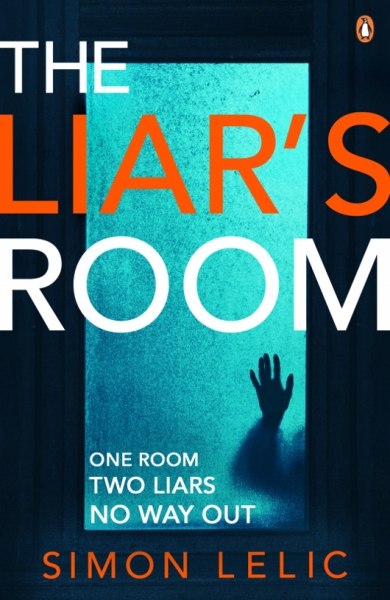


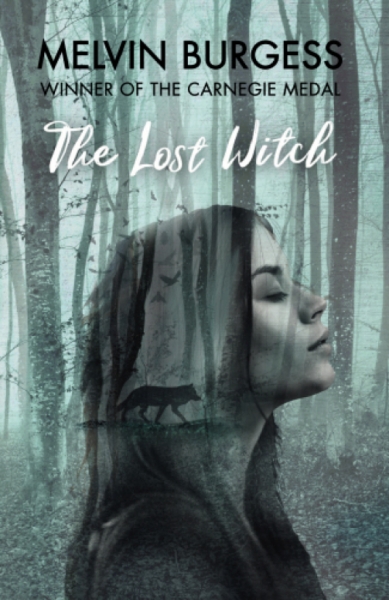
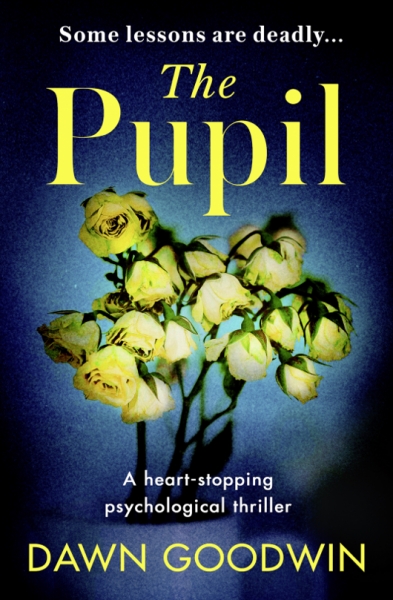
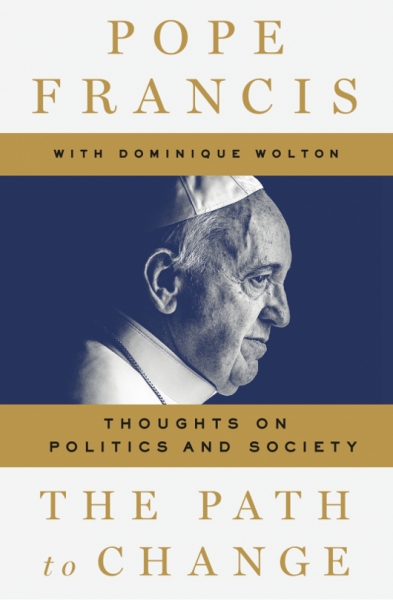
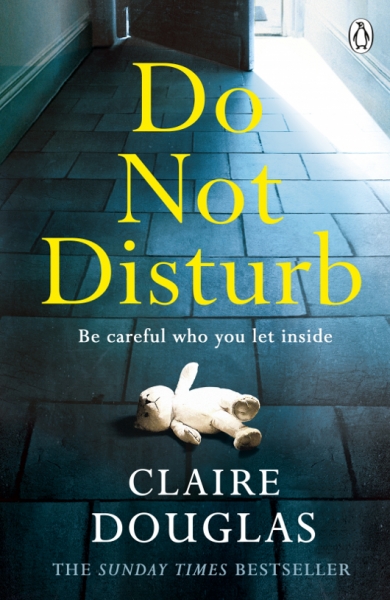
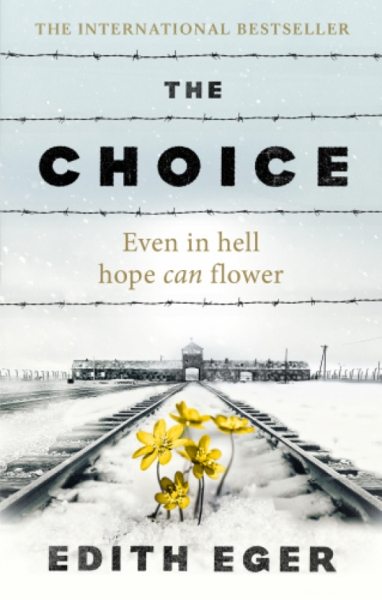

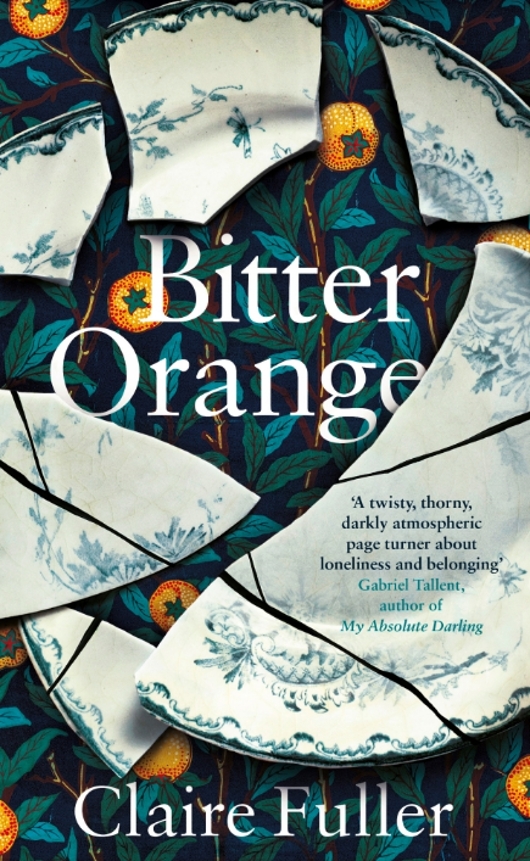
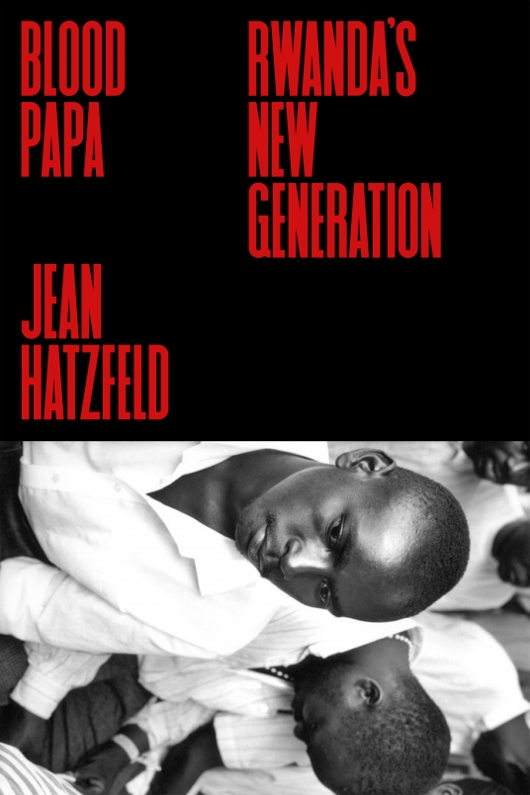
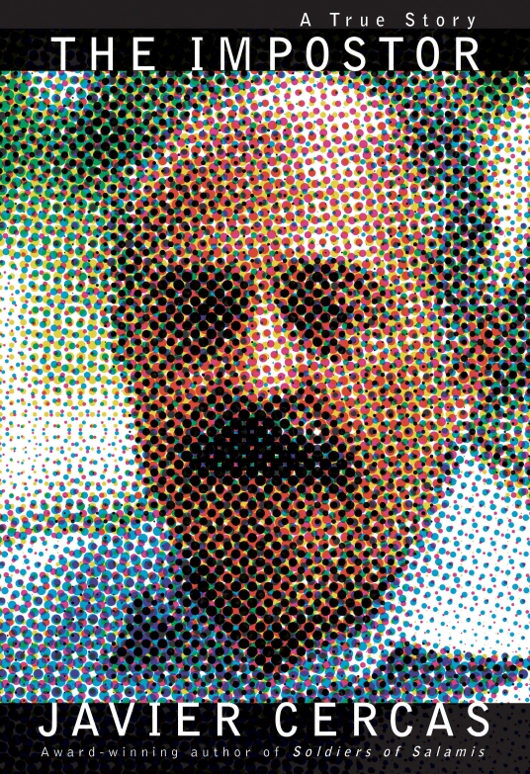
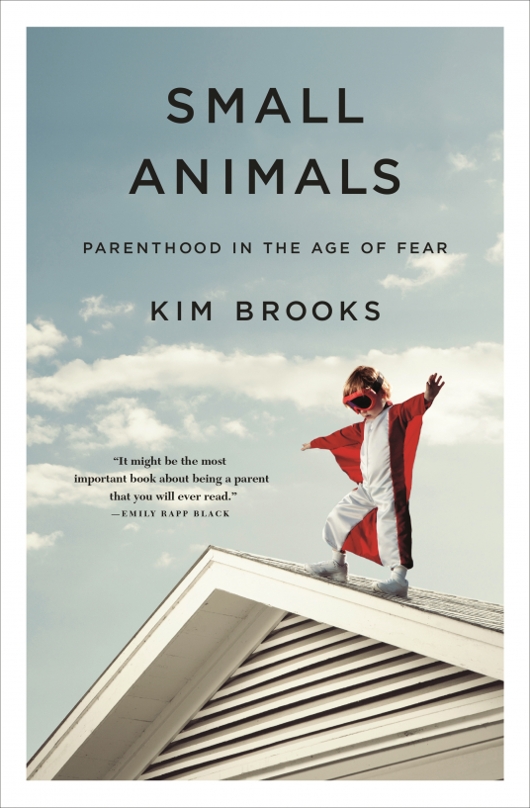



Get In Touch
Please feel free to leave a comment to this article below.
If you run a blog and/or have posted an article which you think expands or improves on the subjects covered on this page, you can always add a trackback to it here and following moderation we'll add a link to it below.